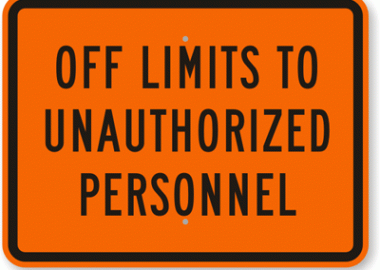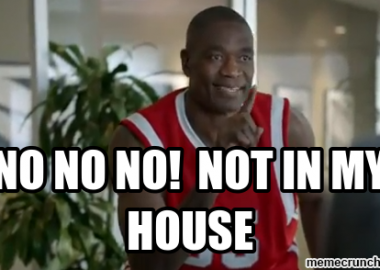Rejection.Bombing.Falling flat.
No matter which of the aforementioned phrases you prefer, they all signify one thing: Failure.
Or do they?
Many times in life professional (and even personal) shortcomings can be the refining fire in which polished careers are forged.Stand-up comedian Anthony Jeselnikput it this way: “Bombing shakes you to your core, especially in the beginning when you aren’t as confident… It is a learning experience that forced me to find a way to get better and to be more palatable to a crowd.”
Jeselnik’s story isn’t unique. Josh Matusak wrote a blog post for StandUPNY.com which chronicles the bombing experiences of many well-known comics and their personal takeaways in the aftermath.
For writers—fiction, nonfiction, and poets alike—the rejection letter is akin to the bombed routine for a comedian. It happens to us all. It stings. But it doesn’t have to be the end of the world. The question is: What should we do with our rejection letters?
I offer the following as attempts to answer that specific question:
Zachary Petit wrote a piece for Writer’s Digest in which he offers James Lee Burke as an example of a Rejection Letter Survivor. Literary Rejections is an insightful and appealing blog that advises writers how to cope with rejection and encourages them to persevere.
The only piece of advice I’ll add to it is to use rejection as an opportunity for reflection and then revision (if needed, which it most likely does no matter how seasoned you are). By reflection, I mean take inventory on why you love writing, the kinds of stories you want to tell, and which audiences are best suited for that kind of writing. One of the worst things we can do as writers is to try to force our content onto the wrong platform.
Personal example: One of my favorite literary journals to read is Barrelhouse Magazine. Their aesthetic is a gritty, urban pulp with a pinch of pop culture. Think Pulp Fiction meetsPretty Little Liars.
Disclaimer: I don’t know if the editors would agree with my endorsement.
My point is that as much as I love that literary journal, my personal writing style—as of now—is not a great fit for Barrelhouse. It’s just not. And I do myself and their editors a disservice trying to submit my fiction to them.
So what should you do after receiving a rejection letter? Reflect on your own writing and do a little research on various platforms that would value your style. There are so many different print and online publications—many of which are legitimate—that cater to various readers and writers. Find the one that fits your style.
Then, REVISE! Even when you find a few places that may be suitable matches professionally, you still have to make sure your stuff is good. So, learn to love the revision process. Use the feedback from rejection letters—yes, you may get the rare rejection letter with helpful, specific feedback—as fuel for thoughtful, pointed revision.
Remember, Anthony Jeselnik? He quit writing for Late Night withJimmy Fallon after one year because it wasn’t a fit for his comedy. He found a home on Comedy Central which was a more appropriate venue for his brand of humor. Sometimes picking the perfect target is the best way to prevent from bombing.[author] [author_image timthumb=’on’]http://minotaursspotlight.com/wp-content/uploads/2014/08/Argyle-headshot.jpg[/author_image] [author_info]Born in Haiti. Reared in Brockton, MA. Matured in Philadelphia. Schimri Yoyo is an educator in the Philadelphia public school system who thinks in numbers, but communicates in narrative. He has completed a MFA in Creative Writing from Arcadia University. He lives in Philadelphia with his wife Becky and his son Schimri Neil and daughter Ciela Reneé. [/author_info] [/author]




